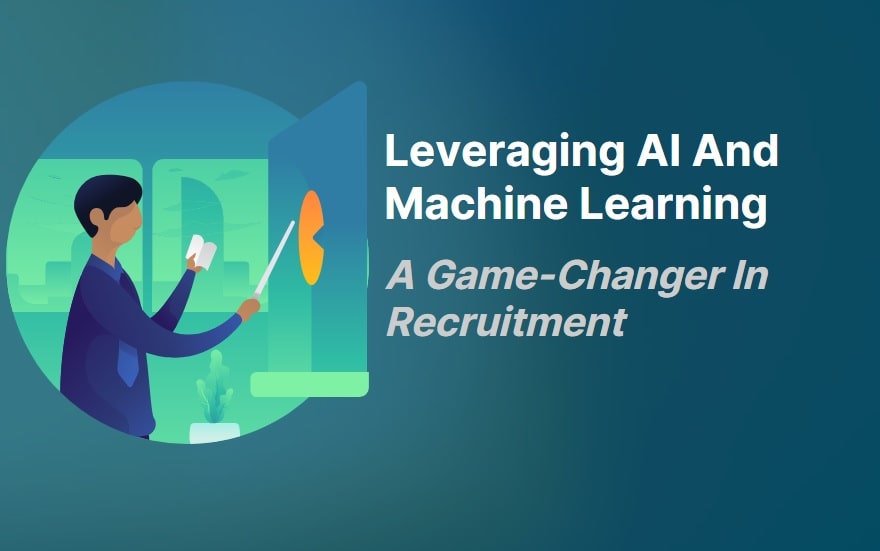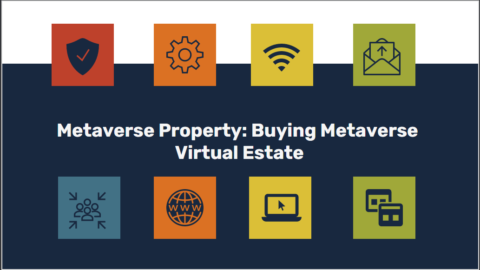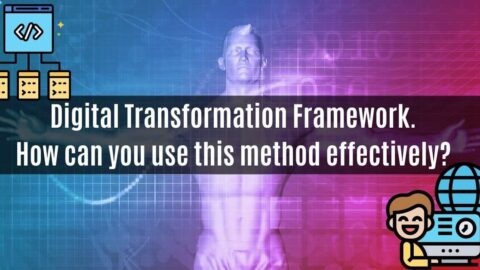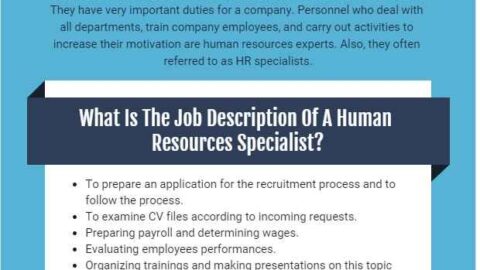Leveraging AI And Machine Learning – A Game-Changer In Recruitment
The business world is undergoing a profound transformation, and nowhere is this change more apparent than in the realm of recruitment. The days of manual resume reviews, labour-intensive candidate screenings, and never-ending interviews are fading into the past, giving way to the era of AI and Machine Learning in recruitment. In the United States, this dynamic duo is reshaping the recruitment landscape, and it’s a game-changer like no other.
Table of Contents
A New Era In Recruitment
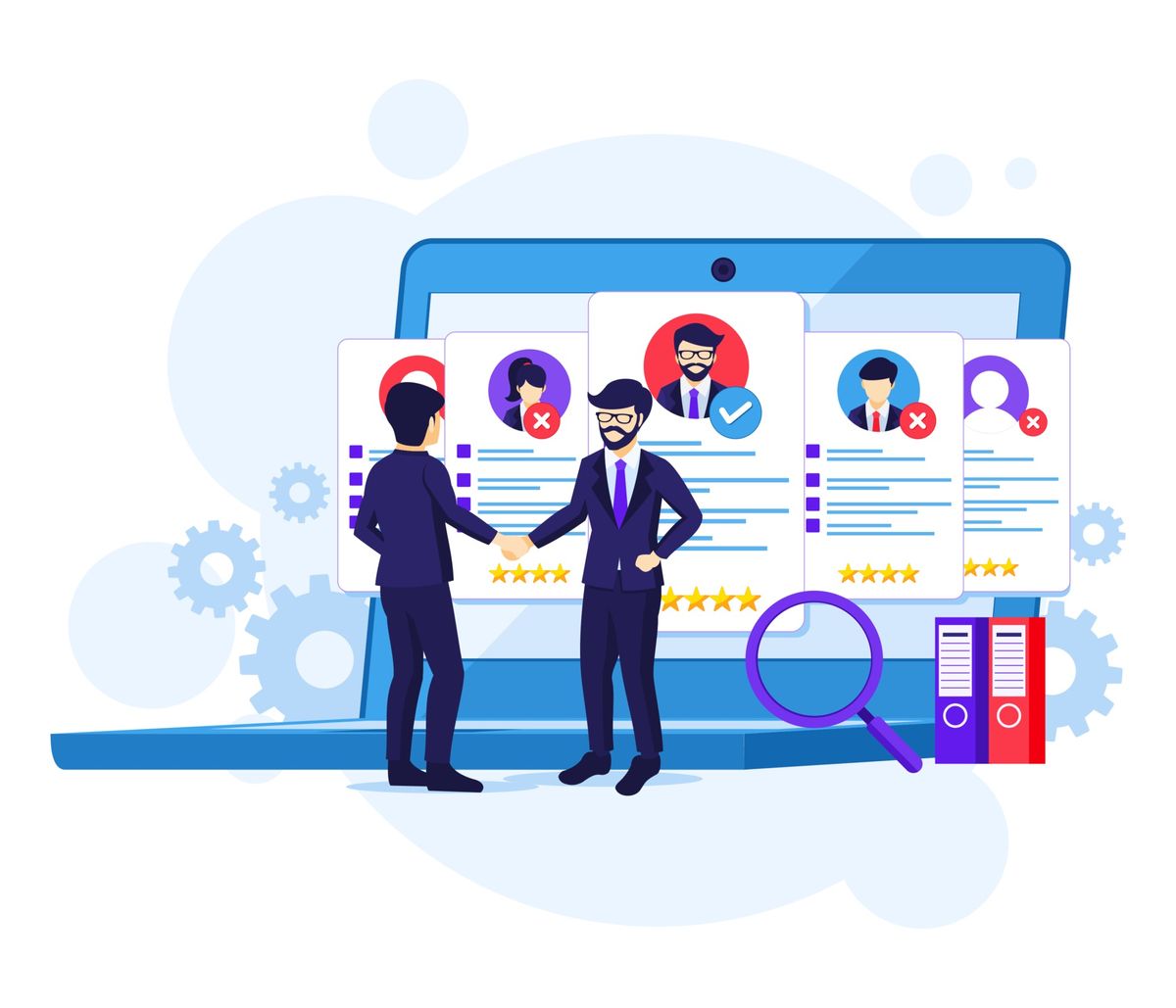
AI and Machine Learning are breathing new life into recruitment by taking the process to the next level. It’s not just about making things easier; it’s about making the right match more efficiently. Let’s delve into how AI and Machine Learning are revolutionising the recruitment process in the United States.
- Intelligent Screening – Recruitment can often feel like searching for a needle in a haystack. AI-driven hiring tools like TrueRank quickly analyse resumes, CVs, and applications, going beyond mere keyword matching. These tools assess relevant qualifications and experience and rate potential candidates accordingly, freeing up recruiters to focus on the most promising candidates. Of course, AI-based recruitment options like TrueRank also bring other benefits, such as personalised outreach and helping to sort applicants for different roles based on a business’s specific requirements.
- Precision Candidate Matching – Speaking of sorting potential candidates, AI algorithms excel at identifying patterns and ranking candidates based on their suitability for a particular role. They consider a wide array of factors, such as skills, experience, and cultural fit, delivering a shortlist of top candidates, which accelerates the hiring process.
- Personalised Engagement – AI-powered chatbots interact with candidates in real time, offering answers to their queries and scheduling interviews. This saves your HR team time and provides candidates with a personalised, convenient experience.
- Bias Mitigation – One of the most compelling advantages of AI in recruitment is its potential to reduce bias. Machine Learning algorithms are designed to be impartial, ignoring factors like gender, age, or ethnicity. This translates into a more diverse and inclusive hiring process, which is essential in today’s diverse and dynamic workforce.
How AI is Used in Recruitment?
AI is used in recruitment to streamline and enhance various aspects of talent acquisition. It is employed for resume screening, candidate sourcing, chatbots and virtual assistants, pre-employment assessments, video interviews and analysis, bias reduction, employee onboarding and training, and talent analytics. AI helps automate processes, increase efficiency, reduce bias, and provide data-driven insights. However, human involvement and ethical considerations remain important in interpreting AI-generated insights and maintaining a human touch in the recruitment process.
What is Machine Learning Recruiting?
It entails analyzing enormous volumes of data using computer models and algorithms in order to forecast or make choices about recruiting, selecting candidates, and managing personnel. So, using historical data—such as resumes, job descriptions, and applicant profiles—machine learning algorithms are taught to find trends, correlations, and insights that help recruiters make better judgments. Also, tasks like applicant matching, resume screening, and estimating a candidate’s chances of succeeding in a position can all be automated by these algorithms. The goal of machine learning recruiting is to increase productivity by streamlining and optimizing the hiring process.
Saving Time and Resources
The age-old saying, “time is money,” couldn’t be truer when it comes to recruitment. Traditional hiring methods can be slow, expensive, and less accurate. AI and Machine Learning, however, expedite the process while keeping expenses in check.
Picture a scenario where your HR team doesn’t spend endless hours sifting through resumes, but instead concentrates on meeting with the most promising candidates. This level of efficiency doesn’t only reduce hiring costs but also preserves your most precious resource – human capital.
Challenges Along The Way
While AI and Machine Learning present a treasure trove of benefits, they do come with their own set of challenges. The “black box” problem, where algorithms make decisions that are not entirely transparent, can raise concerns about fairness. It’s crucial for companies to employ AI ethically, ensuring algorithms are free from bias.
Data security and privacy are other concerns. AI systems require substantial data, which may include sensitive personal information. Companies must treat this data responsibly and in compliance with regulations like the GDPR.
The Future Of Recruitment with AI And Machine Learning

The AI and Machine Learning revolution in recruitment is just the beginning. Here’s what we can anticipate in the near future:
- Virtual Reality Assessments. Imagine conducting job interviews in a virtual world. VR technology can simulate a company’s work environment, helping candidates and employers get a feel for each other before a hiring decision.
- Predictive Analytics. AI will continue to improve its ability to predict a candidate’s long-term success in a role. This will revolutionise recruitment by identifying future leaders and high performers more accurately.
- Continuous Learning. Machine Learning will enable AI systems to continuously learn from their interactions, making them more efficient and accurate over time. This adaptability will be key to staying ahead in the recruitment game.
- Chatbot Brilliance. Chatbots will become even smarter, providing real-time support to candidates, answering complex questions, and offering immediate feedback.
Advice for Businesses
If you’re a US business looking to leverage the power of AI and Machine Learning in your recruitment process, here’s a valuable tip: embrace change. The future of hiring is about agility and adaptation. It’s about striking the right balance between technology and the human touch.
Don’t shy away from experimenting, implementing new tools, and continuously assessing their effectiveness. Partner with companies that specialise in HR tech to maximise the potential of AI and Machine Learning.
In A Nutshell: AI And Machine Learning in recruitment
In conclusion, AI and Machine Learning are reshaping recruitment in the United States and beyond. They’re making the process more efficient, reducing bias, and helping businesses make better hiring decisions. The key to staying ahead is to embrace change, use technology ethically, and stay agile in the ever-evolving recruitment landscape.
In a world where the right talent can make all the difference, AI and Machine Learning are the game-changers US businesses need.
Irwin Michael Reston is an expert who has more than 30 years of experience in optimizing businesses, inspiring individuals and improving human resources departments. He established the BlueLight Consulting Limited to provide learning and training service worldwide.

